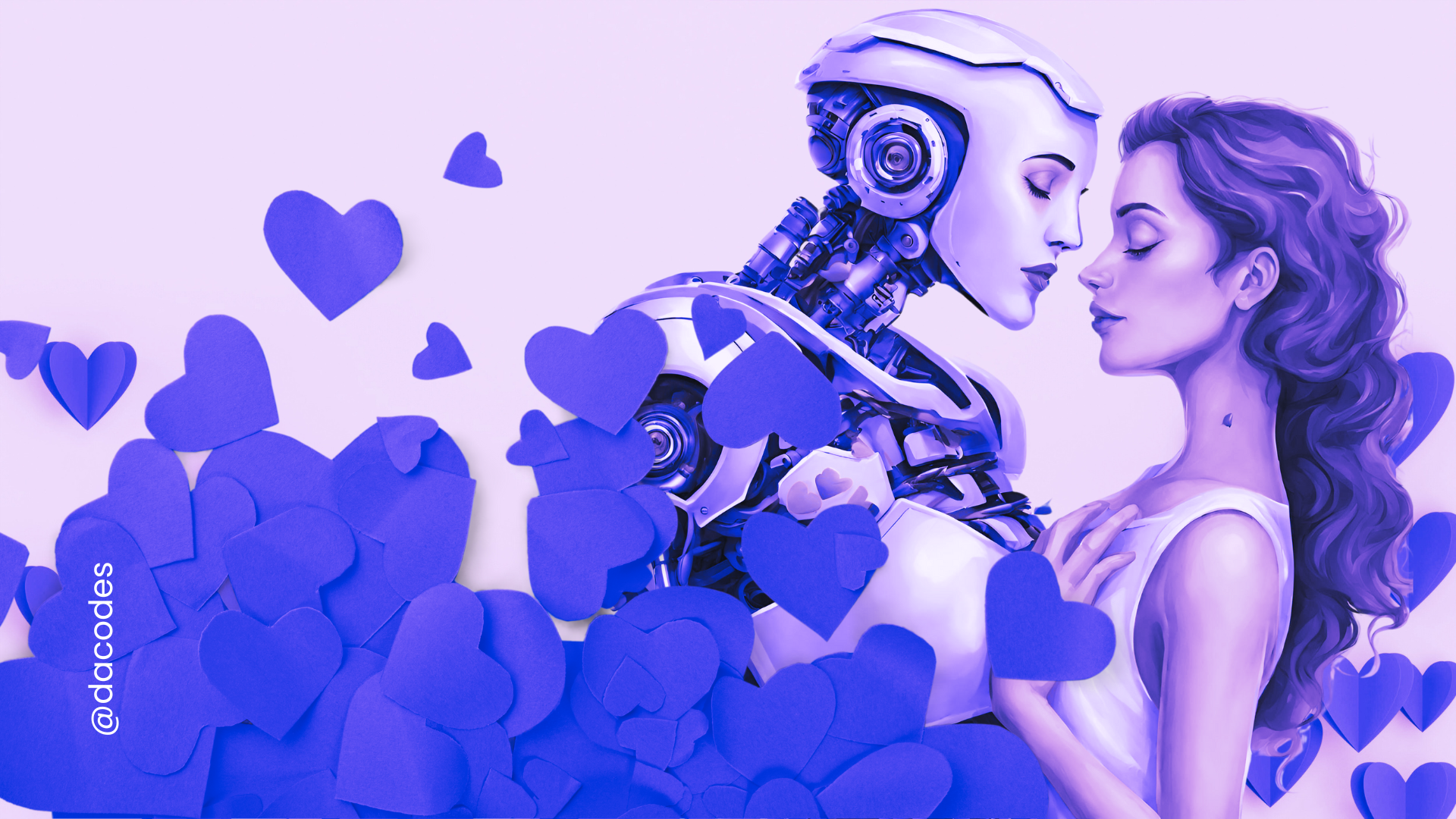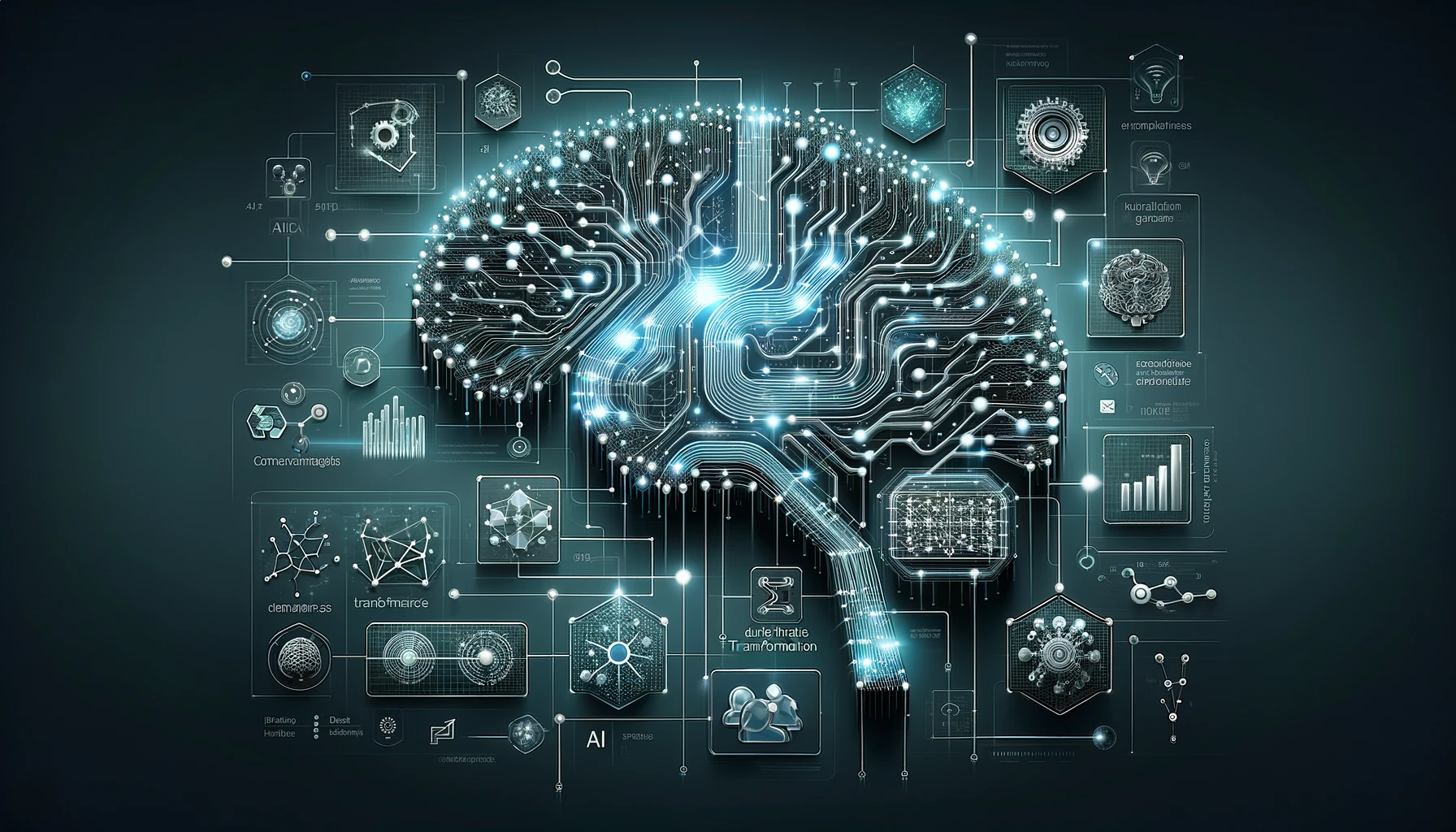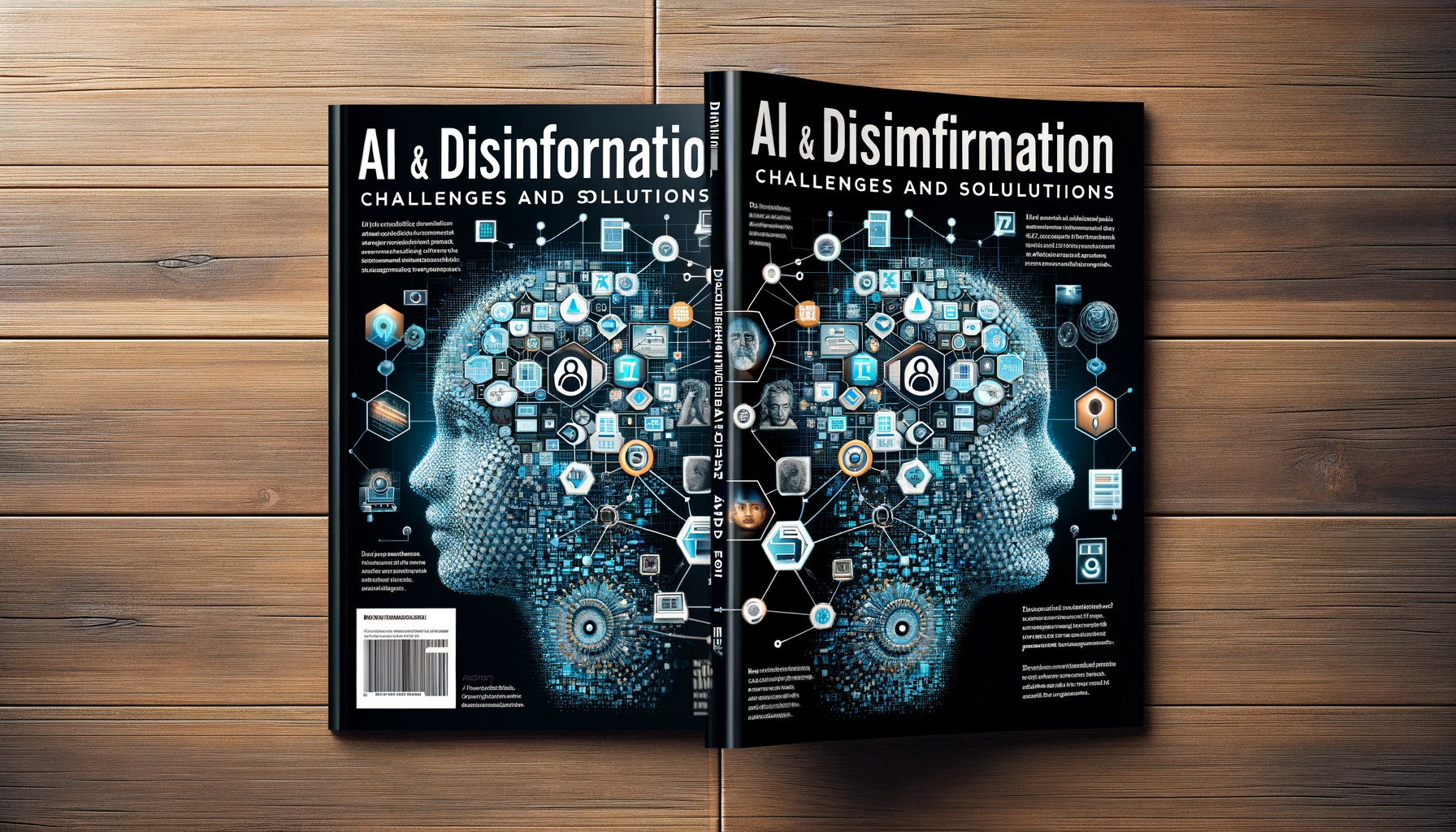At the crossroads of technology and emotions, love in the era of Artificial Intelligence (AI) becomes a fascinating field of study from anthropological and psychological perspectives. This article will delve into how AI is shaping our relationships and redefining the dynamics of love.
Technological Revolution and Human Relationships:
Contemporary authors such as psychologist Sherry Turkle, in "Alone Together" (2011), explore the paradox of digital connectivity. As we connect globally, technology can leave an individual feeling lonely. In the romantic realm, dating apps and digital media transform how we understand and practice love.
While digital connectivity offers the possibility of constant virtual contact with friends, family, and communities worldwide, Turkle argues that this constant connectivity can also translate into genuine emotional disconnection. The quality of interactions may be lost amid digital noise, and the superficiality of online connections can intensify the feeling of loneliness, creating a unique paradox in the modern era.
Dating apps and digital media have profoundly altered the nature of our romantic relationships. While these platforms offer the possibility of connecting with people more broadly and efficiently, they also suggest that seeking partners through online profiles can lead to superficial connections, where authenticity and emotional depth may be sidelined on the screen.
Consequently, Turkle suggests that, in our quest for constant connectivity, we often disconnect from ourselves and our immediate experiences. Individual loneliness may emerge not only from a lack of meaningful connections with others but also from internal disconnection, where digital interactions act as an insufficient substitute for the authenticity of the human experience.
Virtual Assistants and the Quest for Meaningful Connections:
Virtual assistants, personified in figures like Siri and Alexa, immerse themselves in our daily lives. Sherry Turkle, in her other work "Reclaiming Conversation," raises questions about the authenticity of emotional connection with these programs. Can interaction with a virtual entity provide a meaningful connection and fill the human emotional void? Can they truly understand our emotions? Or are these responses merely algorithms cleverly designed to mimic human empathy?
Turkle points out that, as we incorporate these entities into our lives, there is a risk that we may opt for convenience over emotional authenticity. Could interacting with Siri and Alexa become a way to fill the human emotional void, or are we simply accepting convincing imitations of true human connection?
This aspect highlights how the proliferation of artificial intelligence in our lives raises fundamental questions about the nature of human connection. To what extent can we trust the pre-programmed responses of these entities as genuine manifestations of empathy? And in our eagerness to simplify our lives, are we compromising the richness and authenticity of our emotional interactions?
Algorithms and Digital Romances:
In "Modern Romance," Aziz Ansari unravels the complexities of dating apps, where AI algorithms select potential matches based on data and preferences. This algorithmic approach raises questions about whether these platforms can truly understand the complexity of human connections or if they are training us to consume love per like.
The Future of Love in the Digital Era:
Authors like Helen Fisher, with her research on the neuroscience of love, and Esther Perel, exploring the complexity of modern relationships, contribute to a deeper understanding of how technology is shaping our love lives.
Their studies reveal that, despite technological advances, the biological aspects of love, such as the release of neurotransmitters and hormones, still play a central role in love experiences. Fisher emphasizes that technology does not replace the unique brain chemistry underlying the formation of deep emotional connections. In this context, their findings suggest that, while AI can facilitate connection and partner-seeking, it cannot fully replicate the complexity of human biological and emotional responses.
Esther Perel, an expert in couples therapy and modern relationships, has examined the emotional and social complexities that arise in the era of AI. Her studies indicate that technology has not only transformed how we connect but has also introduced new layers of complexity in relationship dynamics. She also highlights that digital platforms offer opportunities for connection but pose unique challenges, such as managing privacy and defining boundaries in an increasingly interconnected world. Her work suggests that, although technology can expand meeting possibilities, fundamental human skills such as communication and empathy remain essential for building and maintaining meaningful relationships.
In summary, Fisher and Perel's conclusions underscore that, despite the omnipresence of technology, the essence of love and human relationships remains rooted in biology and psychology. The era of AI does not eliminate the need to understand and address the emotional and social complexities inherent in the pursuit of love and meaningful connection.
In conclusion, the coexistence of technology and emotions redefines traditional notions of love. The intersection between AI and human relationships invites us to reflect on how to balance digital convenience with emotional authenticity in an era of rapid technological evolution.





